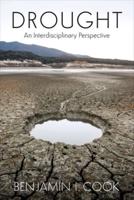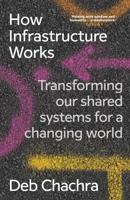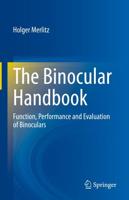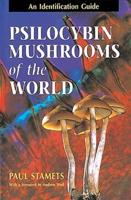Publisher's Synopsis
The nascent science of Hydroinformatics comprises the application of information technology to the understanding and control of the waters of the world, the very arteries and veins of the biosphere. This book explains how information technology is already being used to realise a new solicitude towards nature and it provides a philosophical framework for these new ideas. It signposts further developments in this direction, and is illustrated by carefully chosen examples taken from current hydraulic engineering projects. The approach taken can perhaps best be described as 'post modern' in that it insists that every effort has to be made to draw upon the knowledge and experience of the past in present-day planning for the future. Accordingly, this work not only draws on modern scientific achievements, such as those of numerical simulation, data modelling and artificial intelligence, but it also draws upon a long philosophical and theological tradition. The author shows how, without this background, advances in hydraulic engineering, and indeed technology as a whole, will only accelerate the approach of environmental cataclysm, rather than prevent it. The readership includes those who are genuinely concerned about the natural environment; engineers and applied scientists working in or for the water industry, water boards and river authorities; legislators on water affairs and those involved in water related litigation. It also has a broad philosophical and theological interest.










